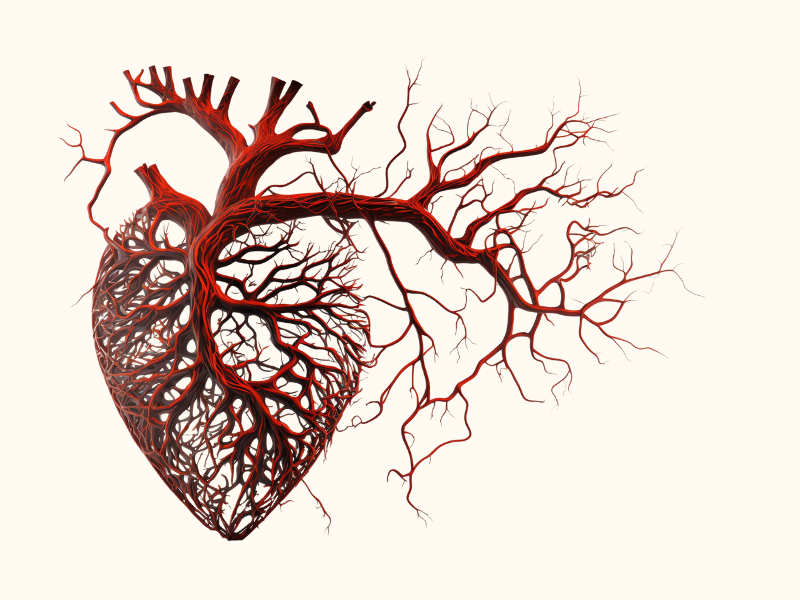05/04/2022
Living well with Parkinson's disease

Parkinson’s disease (PD) is a neurodegenerative disorder that affects predominantly dopamine-producing (“dopaminergic”) neurons in a specific area of the brain called substantia nigra. Find nutrients that may support living well with Parkinson's disease.
Symptoms of Parkinson's disease generally develop slowly over years. The progression of symptoms is often a bit different from one person to another due to the diversity of the disease.
It is possible to have a good to great quality of life with Parkinson’s. Working with your doctor and following recommended therapies are essential in successfully treating symptoms by using dopaminergic medications.
People with PD need this medication because they have low levels or are missing dopamine in the brain, mainly due to the impairment of neurons in the substantia nigra.
While living with Parkinson's can be challenging, there are many things you can do to maintain and improve your quality of life and live well with Parkinson's disease.
Nutrients that may support living well with Parkinson's disease
While there is no prescription for a PD-specific diet, to maintain overall good health most people living with Parkinson’s disease should eat a variety of whole grains, vegetables, fruits, milk and dairy products, and protein-rich foods such as meat and beans.
A variety of natural ingredients have been shown to support neuronal health and promote mitochondrial function in a variety of ways, including suppressing oxidative stress and limiting inflammation. Many natural ingredients may have a complementary effect in combination with conventional therapies.
Nutritional interventions acting through multiple mechanisms can slow or prevent the accumulation of brain cell damage that produces Parkinson’s disease. In particular, nutrients that enhance brain energy utilization, prevent mitochondrial dysfunction, protect against oxidant damage, and tame inflammation are among the leading contenders for anti-Parkinson’s therapies.
Consider including nuts, olive oil, fish, and eggs in your diet, for their beneficial fats can help overall health. Nutritional interventions acting through multiple mechanisms can potentially slow or prevent the accumulation of brain cell damage that produces Parkinson's disease.
In particular, nutrients that enhance brain energy utilization, prevent mitochondrial dysfunction, protect against oxidant damage, and tame inflammation are among the leading contenders for targeted support.
The most promising among these include:
- Creatine
- Omega-3 fatty acids
- Coenzyme Q10
- B vitamins (particularly B6 and pyridoxal-5'phosphate)
- Vitamin D
- Carnitine
- Lipoic acid
- Green tea extract
- Resveratrol
- Curcumin
- Melatonin
- N-acetyl cysteine (NAC)
- Probiotics
Symptoms of Parkinson's disease
Symptoms of Parkinson's disease generally develop slowly over years. The progression of symptoms is often a bit different from one person to another due to the diversity of the disease.
While its precise cause remains unknown—and there is no cure—aging is the single most important risk factor for Parkinson’s disease (PD). Symptoms manifest in PD victims as early as age 50 (earlier in rare instances).
The risk of onset continues to rise with advancing age. Incidence increases dramatically at age 60. Slowed movement, tremors, mild cognitive impairment, and difficulty standing up are the early warning signs.
End-stage PD is marked by dementia, near-total immobility, personality and mood disorders. These are the result of multiple, interacting destructive processes triggered by oxidant stress, mitochondrial dysfunction, and inflammation.
Together these processes selectively and irreversibly destroy vital movement-controlling cells deep in the brain, resulting in loss of control and gradual decline in movement and activity.
References:
- https://www.parkinson.org/understanding-parkinsons/what-is-parkinsons
- https://www.lifeextension.com/protocols/neurological/parkinsons-disease#SectionNutrients
- https://www.lifeextension.com/magazine/2010/7/halt-the-stealth-threat-of-parkinsons-disease





